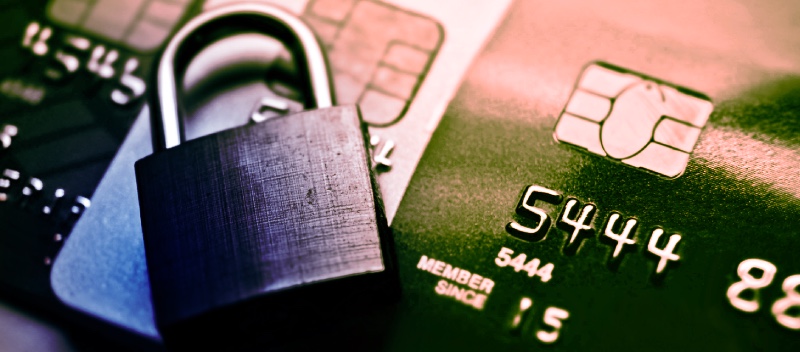 Storing credit card information can be a daunting task, but there are a few simple rules you can follow to make sure your data is safe.
Storing credit card information can be a daunting task, but there are a few simple rules you can follow to make sure your data is safe.
#1
Never store your credit card information on a public computer or in an unsecured location. If you must keep your credit card information, use a secure website or service that encrypts your information. You can also store your credit card information in a password-protected file on your computer. Be sure to choose a strong password and never share it with anyone.
If you are storing your credit card information on a public computer, log out and clear your browser history when you are finished. Storing credit card information in an unsecured location can put you at risk for identity theft and fraud. Protect yourself by storing your credit card information securely.
#2
Always check to see if the website you’re entering your information on is secure. The web address should start with “https://” instead of “http://.”
Also, look for a small lock icon next to the web address. That means that the site uses SSL (Secure Sockets Layer) technology to encrypt your information.
When storing your credit card information, make sure to do so in a safe and secure place. A good idea is to create a password-protected file on your computer or to use a password-protected app on your mobile device.
Another option is to store your credit card information in a secure online wallet such as PayPal or Google Wallet. These wallets are encrypted and password-protected, so you can rest assured that your information is safe.
#3
Make sure you have a strong and unique password for any account that stores your credit card information.
When creating a new account that will store your credit card information, use a strong and unique password. It will help to protect your account and keep your information safe.
A strong password should be at least eight characters long and include a mix of letters, numbers, and symbols. Avoid using easily guessed words or phrases like your name or birthdate. You can use a password manager to help you create and keep track of strong passwords for all your online accounts.
#4
Keep an eye on your credit card statements and report any suspicious activity to your bank immediately.
When storing your credit card information, it is important to take extra precautions to ensure that your information is safe. One way to do this is to store your credit card information in a secure location, such as a locked drawer or safe. You should also avoid storing your credit card information on your computer or online, making it more susceptible to theft.
If you must store your credit card information on your computer or online, be sure to use a strong password and encrypt the data. You can also set up two-factor authentication for additional security. Finally, keep your antivirus software up to date to help protect against malware and other threats.
#5
If you are ever asked to provide your credit card information over the phone, make sure you can trust the person you’re speaking to.
Generally, businesses will not ask for your credit card information over the phone unless you’ve purchased from them previously. If you’re unsure whether or not you can trust the person on the other end, ask for their name and contact information so you can call back and verify that they are who they say they are.
By following these simple rules, you can help ensure that your credit card information is stored safely and securely.
